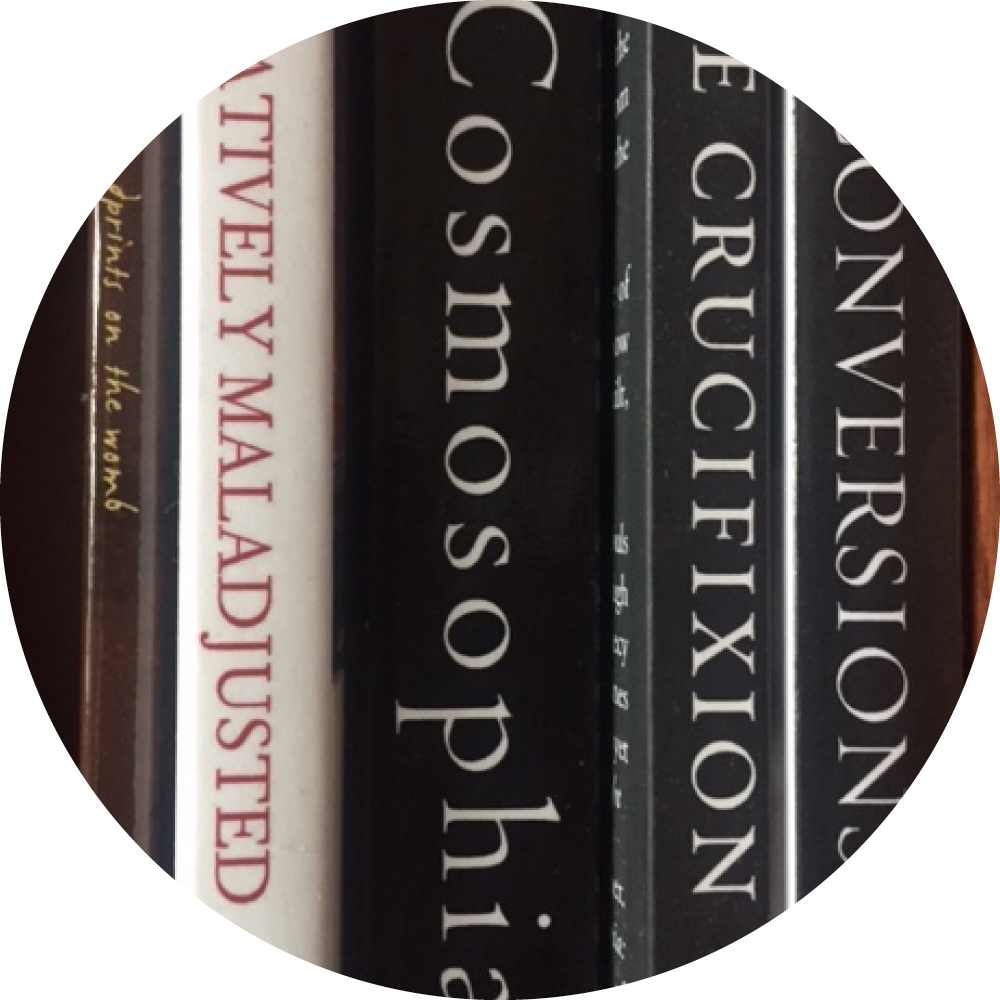Love and Liberation
By Dominica McBride, PhD
It was one of those nights that I’ve had since I turned 40 – putting a question or challenge out to the universe and waiting for hours to receive the wisdom and understand the answer. This time, the question was on liberation. Since the pandemic and civil uprising, many have been expressing the need for liberation but without much description, color, or texture. Liberated from what, for whom, into what? What does it mean to be liberated? What does it look like? How do we become liberated? These questions have been swirling in my mind for some time, but it was this winter night, early 2021, that I decided to ask The All, the One Mind.
I grew up as one of a few people of color in a small, rural, predominantly ‘white’ town in Michigan. My childhood is colored by overt and tacit racial slights, which motivated me to be confined to a narrow way of being and operating. I tried to be perfect while always feeling guilty and inadequate just because of the color of my skin. I yearned for liberation, even before I knew the word. This question around liberation is intricately tied to my sense of self as well as my purpose in life, and hope that the answer will help free you too.
The answer that returned late that night was ‘self-love.’ Could it be that simple? That micro? That subtle? Yes…if we see the self for what it is in context.
First, we need to recognize the root of oppression – that from which many want and need to be liberated. Oppression is often grounded in pain, greed, scarcity, and a deep subconscious hunger, an emptiness waiting to be filled. Oppression could be seen as a veil covering love, thus falsely seen as a lack of love. The oppressor seeks to exploit, take, and fill one’s bucket, but there is a perpetual hole, unseen by them, and therefore experienced as never having enough. We live in a society that does everything it can to avoid personal responsibility and self-reflection, from consuming to selling to internet surfing to watching to manipulating to blaming.
Next, we need to see the self comprehensively. The self is not an individuated, fully separate, autonomous entity. Seeing the self as an ‘individual’ – this isolated entity – is not only false but limiting, disempowering, and oppressive. When we do not see the way in which we are each other and the way we are affected by others and our environment, we lose access to a vast well of power and care.
One’s self is literally shaped, dependent on, and always influenced by seemingly external forces and people. We are all molded by our parents/caregivers, our teachers, friends, media, jobs, and communities. None of us would be the ‘self’ we are today without these factors and people influencing our thoughts, language, expression, decisions, and behavior. This sentiment is from a standpoint of Western psychology. From an Eastern or more specifically African perspective, the self is also family, also community, also ancestry. The ‘individual’ is not an individual at all but a collective. The African philosophy of ubuntu, “I am because we are and we are because I am”, exemplifies this dynamic. Hence, to love deeply the ‘self’ is to simultaneously love much more than the Western view of the individual.
This is the foundation for self-love as the pathway to liberation.
The image that came to me that night was one of a well. We go down into the well, through a tunnel of sorts, and fall into and are immersed in water. You could think of the water as love. We go through the process of self-exploration, discovery, appreciation, and acceptance and end in complete and total love. This love is not love for one person or thing – it’s just being IN love. This love doesn’t differentiate between seeming fragments; it covers all areas and things indiscriminately, unconditionally. Thus, when you experience true self-love, you love ALL.
Self-love, therefore, is key to all sides entering the door of liberation.
The source of pain for communities of color is the same for those who are actively perpetrating oppression.
We go down into the well, through a tunnel of sorts, and fall into and are immersed in water. You could think of the water as love.
Take Robert Aaron Long, the man who murdered eight people, six of them Asian American women, in Atlanta, Georgia. Be it a hate crime or his self-confessed attempt to rid himself and others of sexual temptation, his atrocity was rooted in hatred of self and others, external blame, and exploitation. He was obviously in profound internal turmoil. The same goes for people like Dylann Roof, who committed a mass murder of nine African American people at a Bible study in the Emanuel African Methodist Episcopal Church in Charleston, South Carolina.
Many of us who actively advocate for freedom and justice speak to the pain of our communities of color – those of us who have experienced the heartbreak of overt discrimination, the thousand-small-cuts of microaggressions, or the loss of lives, livelihoods, and families due to modern day slavery in the form of mass incarceration and police brutality. We have so many stories and legitimate anger and angst in expressing and amplifying our voices for our communities. Thankfully, others in mainstream media, corporations, local businesses, foundations, and organizations are waking up our daily pain and struggle in this country. They are now saying that “black lives matter” too.
However, there is little talk about how the pain of people like Robert is tied up with the pain of people like George Perry Flloyd, Jr. This country and the people who founded it and continue to support the status quo created a broader system of oppression and dehumanization that includes everyone outside of those who are puppeteering. Each person and group have roles in maintaining this status quo, be it conscious or not, whereby pain is made tacit and begets more pain from others. The slave drivers and the slaves both worked under the slave master. The drivers’ ‘souls’ or moral bodies were scarred, whether they were aware of it or not, in the process of ensuring others’ enslavement. Pain begets pain. The same dynamic continues today, just in different forms – from the corporate office to the prison.
Once we move on this path of self-love and see how interconnected we truly are, we all can be liberated from this invisible cage and be able to see clearly who and what is possible and live into a new and transcendent reality.
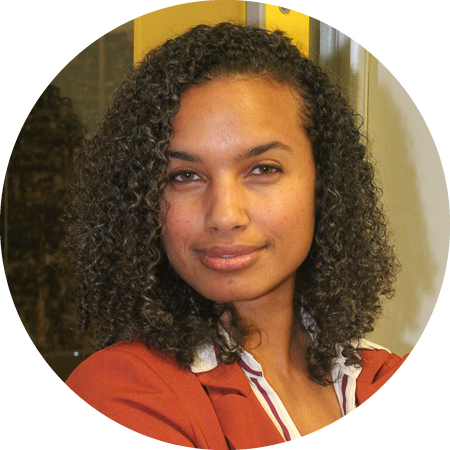
Re-sources
Re-Imagining Education
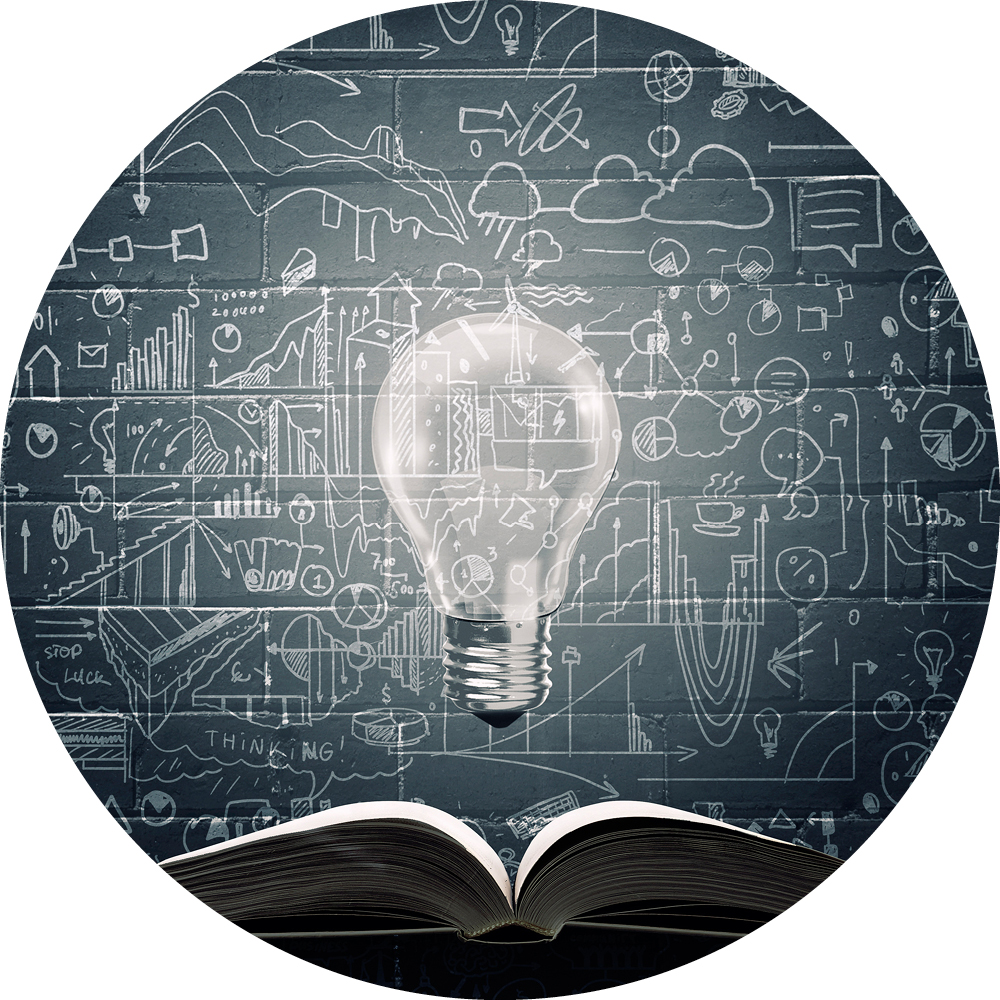
Empowering educators to take a deeper look at the stories told in our schools and to re-imagine them in transformative and
nurturing learning spaces.
Learning Opportunities
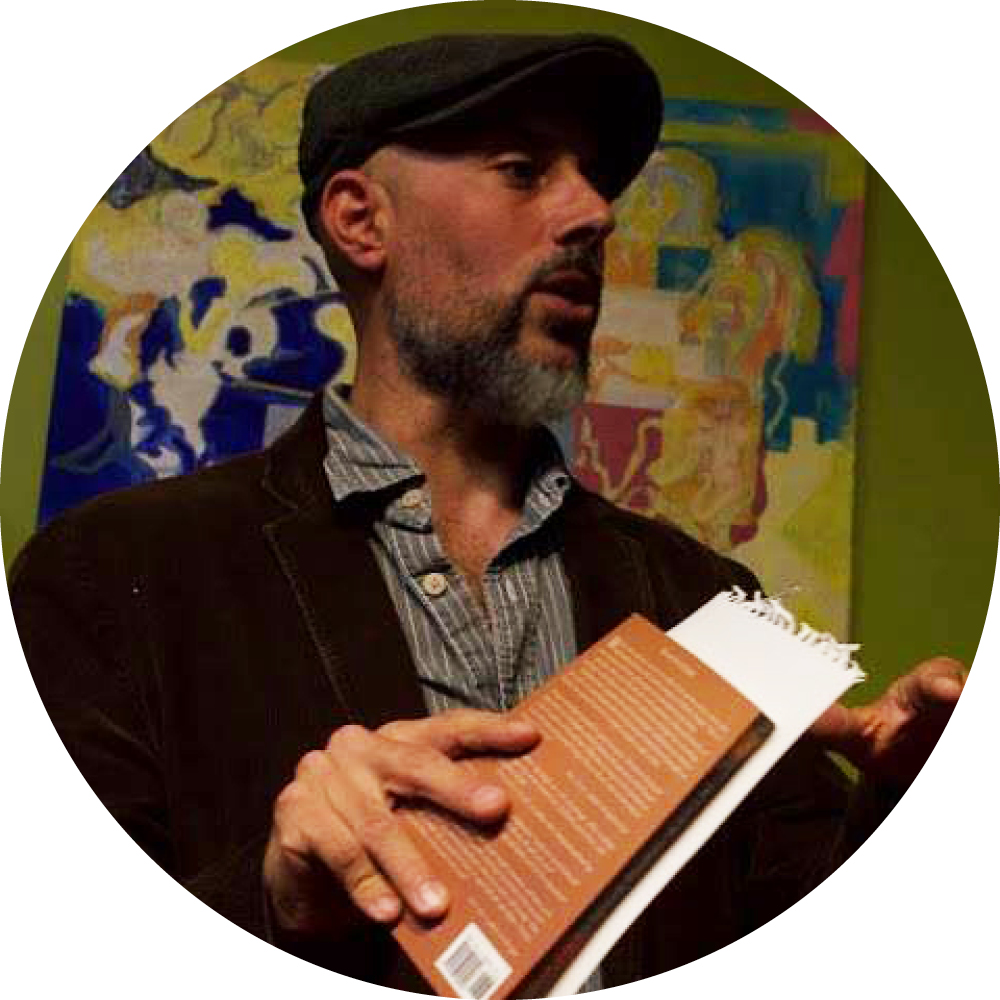
Classes, workshops, and lectures that help to empower people to re-imagine who they are and their place in the world.
Get Involved
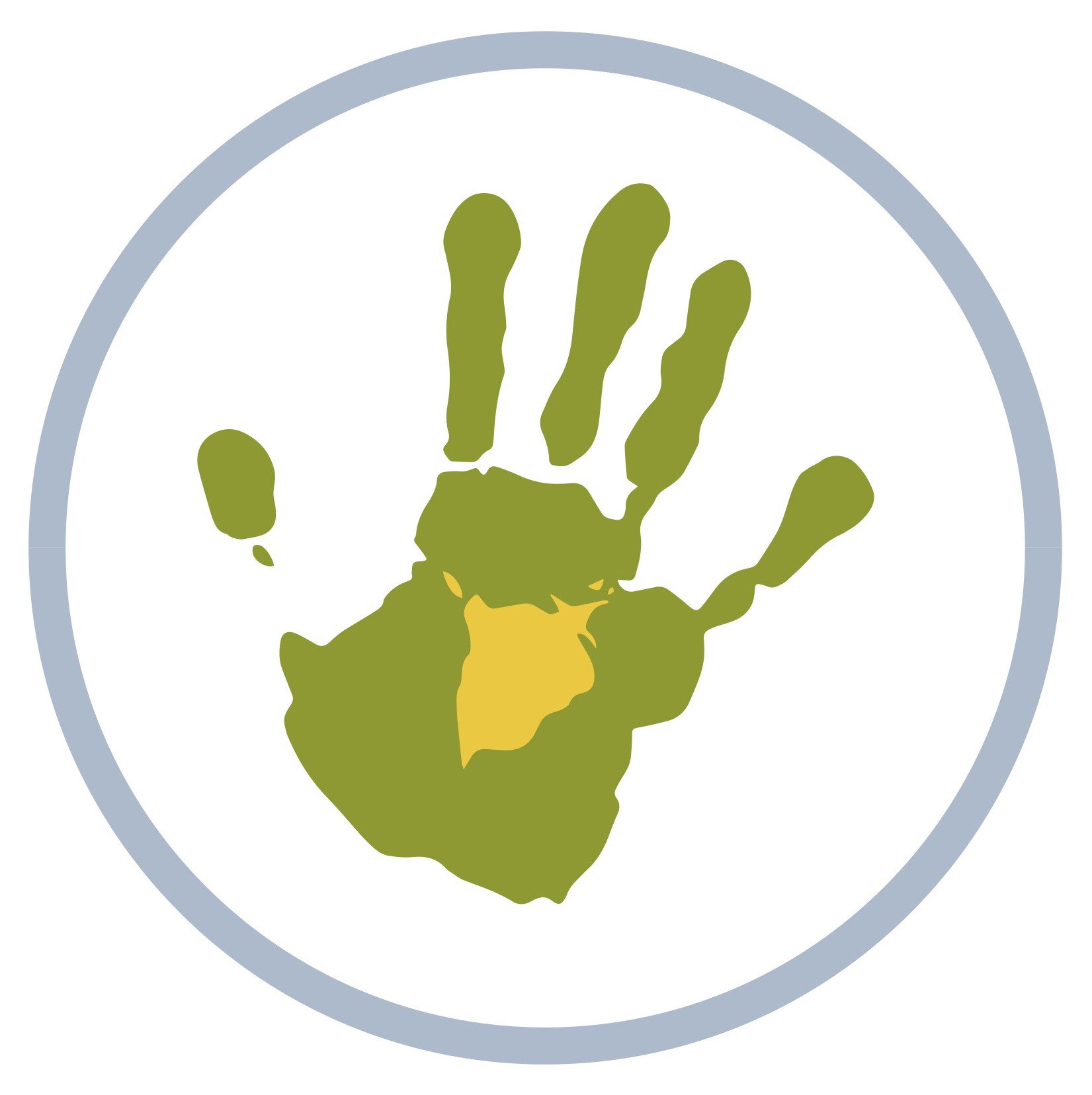
Help the Chicago Wisdom Project realize its mission to re-imagine education through holistic programming that transforms individual, community and world through creative expression.
